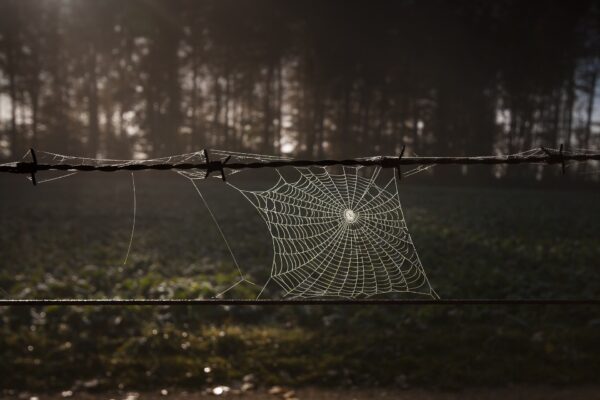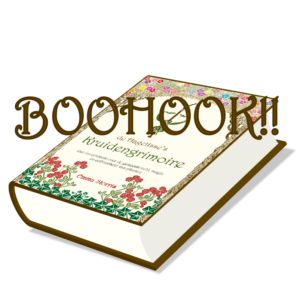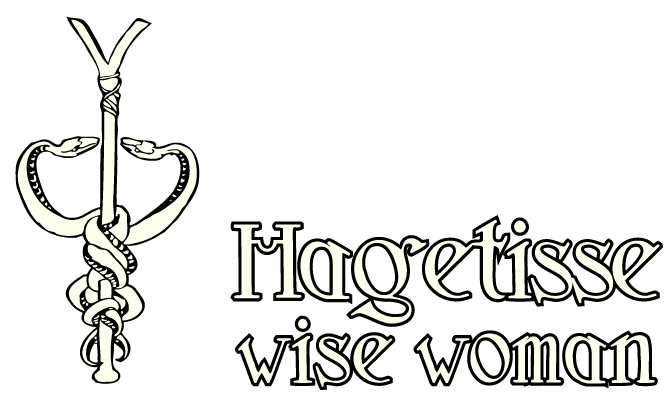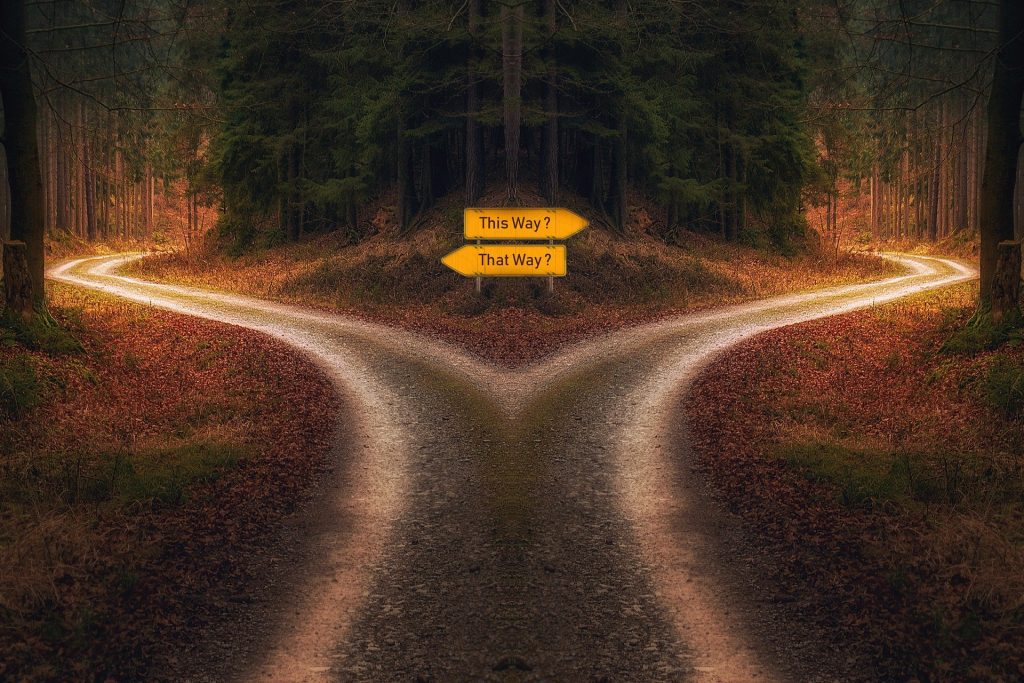Shadow work: processing trauma to secure a sense of safety

Safety is the top priority for every living being. For humans, this is no different from other species. A human child is extremely vulnerable and, therefore, safety plays a crucial role for our species, perhaps even more so than for some other animals. In our world, safety is far from guaranteed, and this essential need often goes awry.
Ideally, we learn from within a safe environment how to deal with unsafe situations. Unfortunately, there are numerous reasons and ways in which this can go wrong. This happens often during childhood, when humans are at their most vulnerable. However, it doesn’t have to be limited to childhood; the feeling of unsafety may have been inherited from previous generations or may develop in adulthood.
Lack of safety leading to coping mechanisms
People who don’t feel safe develop strategies to regain that essential sense of security. “If I do this, I’ll stay safe, and everything will be fine.” This might sound like a conscious choice directly related to whatever made one feel unsafe, but it’s unfortunately an unconscious process. As a result, it can be challenging to recognize a strategy, let alone understand its underlying causes.
A strategy can take many forms. It can manifest in actions, behaviours, or a combination of both. Eating disorders are a well-known example, as is avoiding conflict or struggling with anger management. Women’s tendency to prioritise others at their own expense is a strategy familiar to many.
I also have safety issues. I’ve been aware of this for a long time and have put in a lot of effort to understand where it came from. In my case, it didn’t necessarily originate in my own life. I, too, have developed strategies meant to provide me with a sense of safety. The problem, however, was that these strategies ultimately didn’t work – safety is never guaranteed – and, however well-intentioned, they ended up hindering me. Most coping mechanisms eventually take on a life of their own and can result in other issues. I was no exception to this rule.
Coping strategies can lead to chronic illness
My own experiences and my years as a practising wise woman have made one thing crystal clear: many people deal with this issue. I would even argue that it’s present in everyone with a chronic condition. For the majority of these individuals, not feeling safe underlies this condition one way or another.
It’s no wonder that trauma is such a huge trend these days. You can hardly visit your social media without coming across a trauma conference where one big name after another tells you that trauma is the root cause of much suffering. However, many people have a hard time processing this message. In the Netherlands, trauma is often associated with extremely shocking events. There are certainly instances stemming from extremely shocking experiences, but more frequently feelings of unsafety originate from everyday happening that are commonplace in our society today. The list of Adverse Childhood Experiences, events associated with physical and mental trauma, includes events that are far from exceptional nowadays.
Trauma and safety
It’s therefore not surprising that many people with chronic issues are not keen to go near the Trauma label. “My childhood was reasonably uneventful. I come from a loving family. This can’t apply to me,” is something I hear regularly. However, this argument overlooks the fact that, as infants, we are quite helpless and dependent on the adults around us for a significant portion of our lives. What we consider minor looking back might have been very distressing back then. It could have happened at a time when there were no adults to help you or, if there was an adult present, they couldn’t adequately guide you. It might have been passed down by an adult with an important role in your life, who, in turn, learned it from someone else. It’s also hardly surprising that so many people experience chronic issues. Life is so complex and often a far cry from the type of life that humans need. We should actually be grateful to our smart bodies for functioning as well as we do.
Ultimately, it’s a daunting task to discover the true starting point, the moment when feelings of unsafety, and all that it initiated, began. Fortunately, recognising and acknowledging the existence of a strategy is sufficient for healing to commence.
When a coping mechanism gets in the way
One thing I want to make clear: the strategy is not the enemy. The strategy is an old friend, an ally that aimed to provide safety at a time when it seemed far away. However, when a strategy takes on a life of its own or gets in the way of living a “normal” life, it can lead to problems. In such cases, it’s essential to recognise the strategy, thank it for its help in difficult times, but also bid it farewell.
I might make it sound quite simple, don’t I? It is, to some extent. However, the path to get to this point is somewhat less straightforward. Sometimes, this mechanism is deeply buried, both in terms of time and in terms of layers of symptoms that have accumulated on top of it. Also, you have to reach the point at which you want to do something about it. You are the only one who can truly resolve it. You are the only one who can say goodbye to an ally who has been by your side, perhaps even since before your birth.
Shadow work leading you back to safety
Fortunately, you are not alone. And, as mentioned, you’re well on your way once you see it. Many witches do this type of work when they talk about doing shadow work. Shadow work has a large intuitive component and is therefore ideally suited for unravelling unconscious patterns piece by piece and letting go of what no longer serves you. When doing shadow work, your own and the collective subconscious help you see what your conscious self overlooks.
Not surprisingly, this part of magical practice has always been important in my wise woman work. Working with someone you know you can trust unconditionally helps, whether you call it shadow work or something else. After all, it is easier to see some else clearly than it is to see yourself. Having a partner during this type of work can offer a solution. It is true that with experience one’s ability to really see oneself increases. The stronger your intuition and your ability to read and trust it, the better you acquaint yourself with your darker sides.
Training your intuition to help your shadow work
You can practice this by training your intuition. Using divination techniques regularly helps you with this. For many people find it difficult to turn off their rational minds. You can avoid this pitfall by writing or talking automatically. For example, draw a tarot card. Without any hesitation, write down the first thing that comes to mind or say it out loud. In the latter case, the use of recording equipment is useful. Don’t let any time pass, because, if you do, you will start overthinking things. Do this daily and you will see that your head will get in between you and your intuition less and less often and you will see everything more clearly.
To increase your effectiveness during this practice, it is important that you calm your mind before commencing. So never divine or oracle in the middle of a busy day when you are full on using your logical brain. Build in a time of peace before and after practising. Get everything ready beforehand. Now, sit quietly, drink a cup of tea without doing anything else at the same time. Next, meditate and then do your exercises. For some people, physical activity helps them access their intuition. They can prepare everything, followed by meditative walking or dancing. Try different things to see what works for you.
Patience is key
It is essential to have patience while in this process. Don’t expect to eradicate your limiting habits, thoughts and behaviour within a month. They’ve probably been in your life for quite a long time. Nowadays, we have little patience and short attention spans and often expect quick or even immediate results. However, that attitude is guaranteed to hinder a sustainable solution.
So be kind to yourself and celebrate small successes. And realise that the direction in which you are developing yourself now will bring you a lot in the long term.




